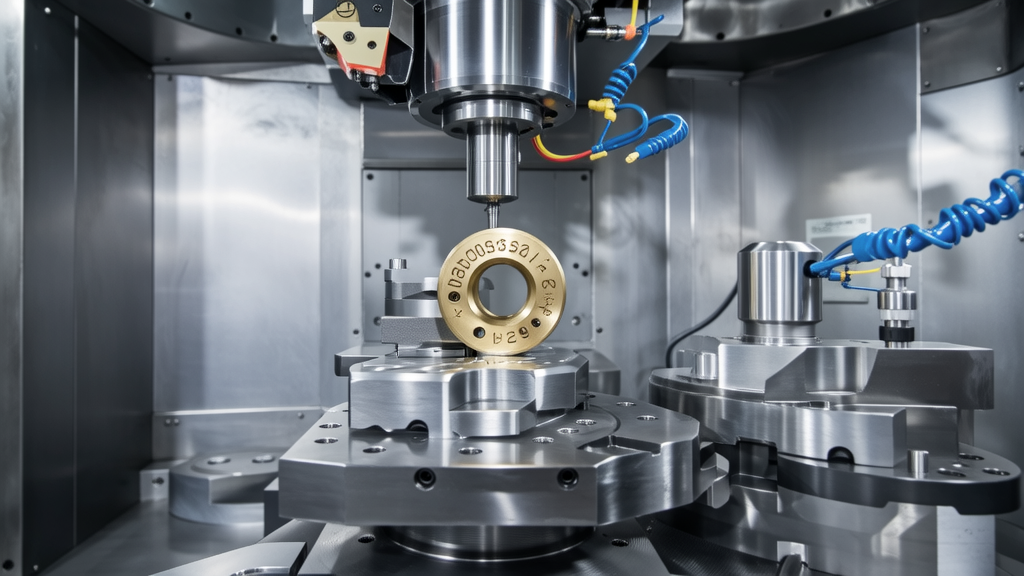First off, what are these certifications, and why do they matter? Certifications like ISO 9001 for quality management systems or ISO/TS 16949 for automotive production are more than just fancy logos. They signal that the company has been through rigorous assessments to meet quality and safety standards. A manufacturer with these certifications demonstrates a commitment to continuous improvement and customer satisfaction. So, if you’re evaluating potential partners, make sure they display these certifications proudly.
Additionally, some industry certifications target specific sectors. For instance, if your project involves aerospace components, you want to look for AS9100 certification, which ensures compliance with industry standards for quality management systems in aerospace. This is super important because it means the manufacturer has processes in place to consistently deliver safe and reliable products.
You might be asking yourself, “How do I verify these certifications?” That’s a great question! Many organizations maintain online databases where you can check a company’s credentials. Always take time to confirm, as it’s crucial for mitigating risks in your supply chain.
What about the costs associated with these certifications? It can get pricey since certification bodies often charge fees for audits and continued compliance checks. However, investing in certified manufacturers may save you money in the long run by minimizing defects and recalls, which can be costly.
Keep in mind, the presence of certifications doesn’t guarantee perfection, but it definitely increases the likelihood of receiving high-quality parts. So, if you’re reviewing proposals or contracts, consider asking for proof of their certifications. It’s a small step that can lead to greater peace of mind.

Here’s a handy reference for the most common certifications you might want to see:
| Certification | Focus Area | Industry |
|---|---|---|
| ISO 9001 | Quality Management | General |
| ISO/TS 16949 | Automotive | Automotive |
| AS9100 | Aerospace | Aerospace |
In summary, while certifications are essential, they are just one part of selecting the right brass CNC manufacturer. It’s the combination of these credentials and real-world performance that truly counts. Keep these tips in mind, and you’re already on the right track to finding a reliable manufacturing partner.
What are the key industry certifications for brass CNC manufacturers?
The key industry certifications for brass CNC manufacturers include ISO 9001, which focuses on quality management, and ISO/TS 16949, aimed at automotive production. These certifications help ensure that manufacturers meet quality and safety standards.
Another important certification is AS9100, particularly relevant for the aerospace sector. This shows that a manufacturer has processes in place to consistently deliver safe and reliable products.

Why should I check a manufacturer’s certifications?
Checking a manufacturer’s certifications is crucial because it provides insight into their commitment to quality and continuous improvement. Certification indicates the manufacturer has undergone rigorous assessments, which can significantly reduce risks associated with production defects.
If you’re considering a new supplier, verifying certifications can guide your decision-making process, helping you choose reliable partners who prioritize quality.
How can I verify a manufacturer’s certifications?
You can verify a manufacturer’s certifications by visiting official certification bodies’ websites or databases. Most of these organizations maintain online records where you can check if a manufacturer holds the certifications they claim.
It’s a simple step that can save you from potential headaches down the line, ensuring you’re working with reputable companies.
What costs are associated with obtaining certifications?
The costs associated with obtaining certifications can vary widely. Manufacturers might incur fees for auditing, application, and ongoing compliance checks, which can range from a few thousand to tens of thousands of dollars, depending on the certification.
While the upfront costs can be high, investing in certified processes often leads to longer-term savings through reduced defects and enhanced customer trust.
How do certifications impact production quality?
Certifications directly impact production quality by requiring manufacturers to adhere to established industry standards. These standards promote systematic approaches to quality control, which helps minimize defects and ensure consistency in the products delivered.
Manufacturers that invest in maintaining certifications often see improved efficiency and customer satisfaction, as they are held to higher performance benchmarks.



